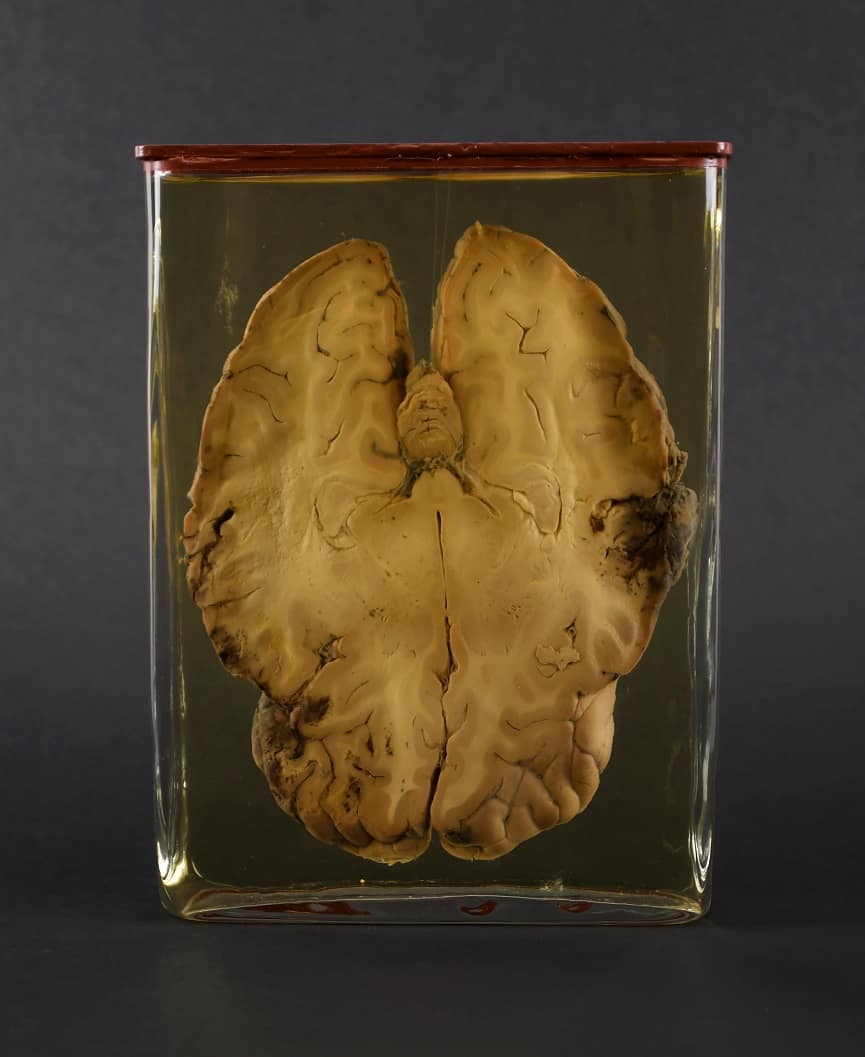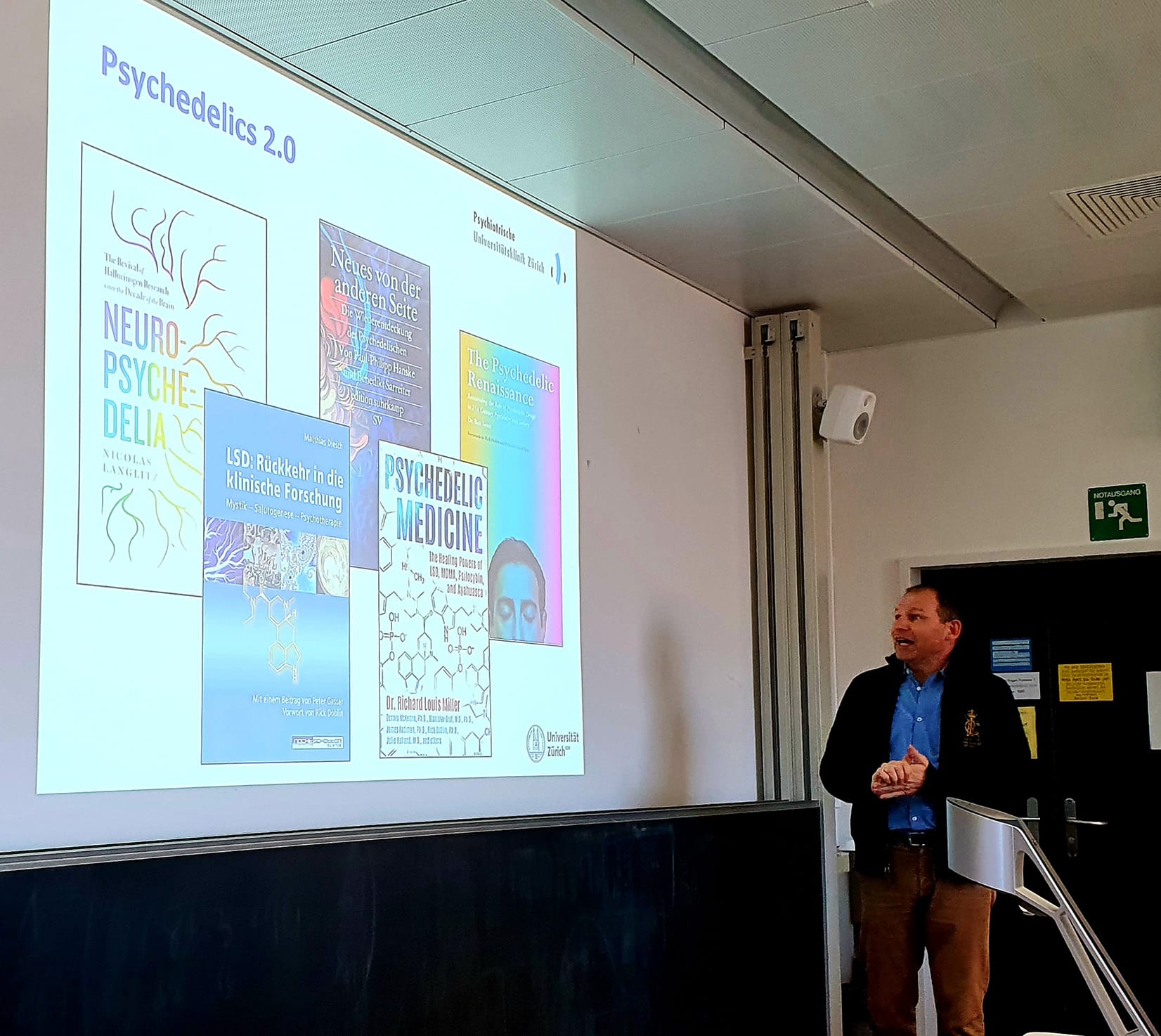Three master students write about the pitfalls and opportunities of creative group work. Traits that seem a bonus, may turn out to be a pitfall – and the other way around.
Cyclists are vulnerable, and particularly older cyclists have an increased risk of crashing. Therefore, Frank Westerhuis and his colleagues from the traffic psychology group investigated countermeasures to increase cyclists’ safety. This blog post reveals whether they were succesful in achieving this by using illusionary objects next to the cycle path.
t is often assumed that online discussions escalate because people become less socially concerned when they are anonymous, or because online messages are unclear and easily misunderstood. In her PhD-dissertation, which she defended on September 22, Carla Roos reveals that the opposite is often the case: online communication is sometimes so clear that it can make people appear antisocial.
Who hasn’t wanted to look inside someone’s head, especially when that person is acting strangely? A look into the brain can indeed be revealing, both from a medical and neuropsychological point of view, but also from an educational one. This is literally the case with ’P-0255’. But P-0255 is not an old personnel number as a colleague suspected, nor is it a neuroimaging scan; it is the number of a specimen from the University Museum’s pathological brain collection that shows a particular form of traumatic brain injury: a coup contre-coup.
Some people love camping holidays, others hate them. Whatever your opinion, this blog probably won’t change your mind. Or…?
Learning helps us cope with changes in our surroundings, and also find the best neighborhood ice cream parlor. Yet, it usually becomes harder as we get older. Thankfully, scientific findings show that it doesn’t always have to be that way.
After their demonization and prohibition decades ago, psychedelic drugs are now again investigated by scientists. Stephan Schleim shares impressions from a recent visit to the Psychiatric University Hospital Zurich, one of the pioneering places for this research. Do psychedelics have therapeutic potential?
What can the beautiful yellow tree in the Hortus garden by the Heymans building teach us about hope, well-being, and adversity? Tomorrow, Babet Kanis defends her dissertation on the role of hope in the context of Groningen earthquakes.
“I am 30 years old, and I will finish my Ph.D in organizational psychology this summer. You can imagine that people frequently ask me about my career plans. Depending on the situation, I tell them different things. But the truth is: I have absolutely no clue!” Close to the finishing line of her PhD, Anne-Kathrin Kleine shares her view on career goals.
Academics should get out from their ‘Ivory Tower’, and invest more into bringing research to the public. Certainly, this critique is a sting felt by those working in cognitive neuroscience: the majority of our field relies on data acquired with repetitive, highly controlled experimental setups. These allow researchers to test fundamental models of how human […]










